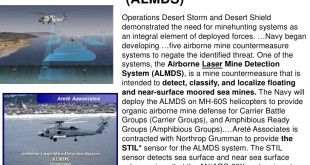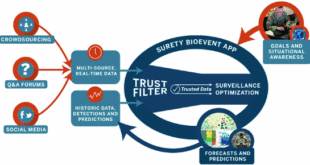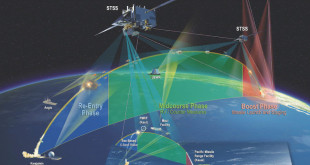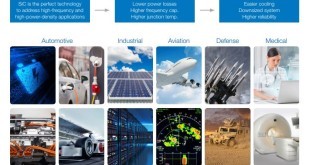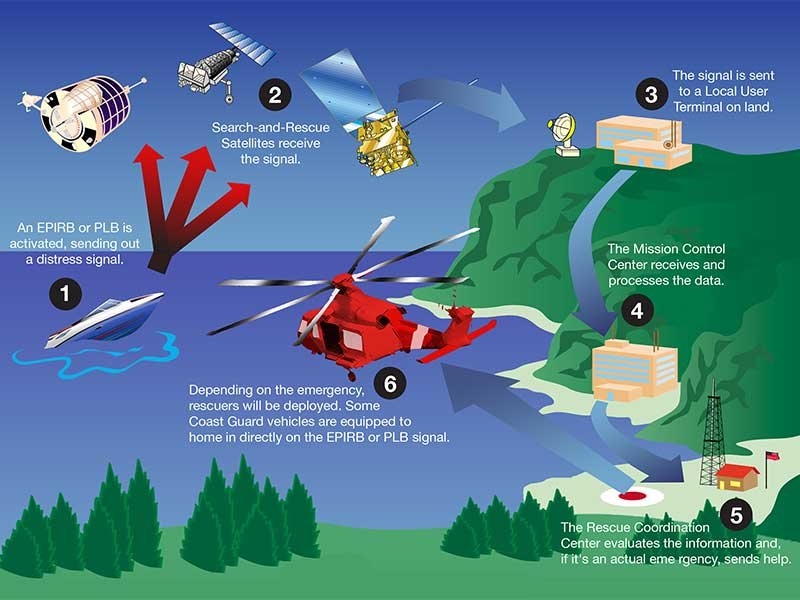Energy harvesting is the process of collecting low-level ambient energy and converting it into electrical energy to be used as a power source for miniaturized autonomous devices. Examples of this can be seen in structural health monitoring, smart packaging solutions, communication systems, transportation, air and aerospace vehicles, structural biology, robotics, …
Read More »Soldiers employing human Energy harvesting technologies including Backpack, knee kinetic and Heel-strike to power devices on the battlefield
The vision for the future soldier is to be combat effective and also highly mobile, adaptive, networked, sustainable with total battle space situation awareness and information assurance. Therefore, he is equipped with night- vision goggles, radios, smartphones, GPS, infrared sights, a laptop as well as batteries to power them. Some …
Read More »Molecular spintronics for could help make quantum computing a reality
Spintronics is an emerging field of nanoscale electronics whose central theme is the active manipulation of spin degrees of freedom of charge carriers in solid-state systems, in addition to their electronic charge used in traditional semiconductor electronics. Spintronics or spin electronics in contrast to conventional electronics uses the spin of electrons …
Read More »US Navy employs Airborne Laser Mine Detection System ( ALMDS) , and the Airborne Mine Neutralization System (AMNS) to search and destroy enemy’s mines
More than thirty countries produce mines, and twenty countries export them. Iran has reportedly laid several thousand naval mines, North Korea’s 50,000, China 100,000 or so, and Russia estimated quarter-million. Since World War II, sea mines have damaged or sunk four times more U.S. Navy ships than all other means …
Read More »Departments of Defense developed Cloud-based biosurveillance ecosystem to warn of coming pandemics
The threats of chemical, biological, radiological, nuclear and explosive (CBRNE) hazards continue to advance. CBRN weapons are some of the most indiscriminate and deadly weapons in existence today, with capability to affect large population in wide geographical area and in short time. The release of Chemical, Biological, Radiological and Nuclear …
Read More »Intelligence agencies prepare for post quantum world when current public key cryptology will be easily broken by quantum Computers
Modern cryptography being used extensively for securing our internet payments, banking transactions, emails and even phone conversations use cryptographic algorithms based on public-key encryption, which is considered to be secure against attacks from modern computers. The development of quantum computers once seen as a remote theoretical possibility is now …
Read More »Countries developing persistant ballistic missile warning Infrared satellites to counter ICBM and Hypersonic Missiles threats
The warning bells has ringed in US, as Kim has finally succeeded in developing an ICBM operational capability through which it can deliver a nuclear weapon anywhere in the United States, according to analysis based on Images released by North Korea. North Korea released dozens of photos and a video …
Read More »Silicon Carbide (SiC) ideal material for Armor, military systems and telescopes for space situational awareness
Silicon carbide, also known as carborundum, is a unique compound of carbon and silicon and is one of the hardest available materials. Characteristics such as relatively low thermal expansion, high force-to-weight radius, high thermal conductivity, hardness, resistance to abrasion and corrosion, and most importantly, the maintenance of elastic resistance at …
Read More »Silicon Carbide (SiC) enabling emerging power electronics revolution in Electric vehicles and Aircrafts to Military systems
Integrated circuits and power devices utilized by the semiconductor industry for the production of advanced computers, consumer electronics, communication networks, and industrial and military systems have been almost exclusively based on silicon technology. The requirements of future electronics place a great emphasis on achieving new devices with greater power density …
Read More »MEOSAR, the Global Search and Rescue (SAR) service has become reality, could avoid accidents in sea,land, air, and now in space
Search and Rescue (SAR) is receiving a lot of attention recently due to several high-profile incidents on land, in the air and at sea. Flight MH370 left Kuala Lumpur was bound for Beijing in March 2014 when it disappeared, with 239 people on board. Even after the largest and most …
Read More » International Defense Security & Technology Your trusted Source for News, Research and Analysis
International Defense Security & Technology Your trusted Source for News, Research and Analysis



